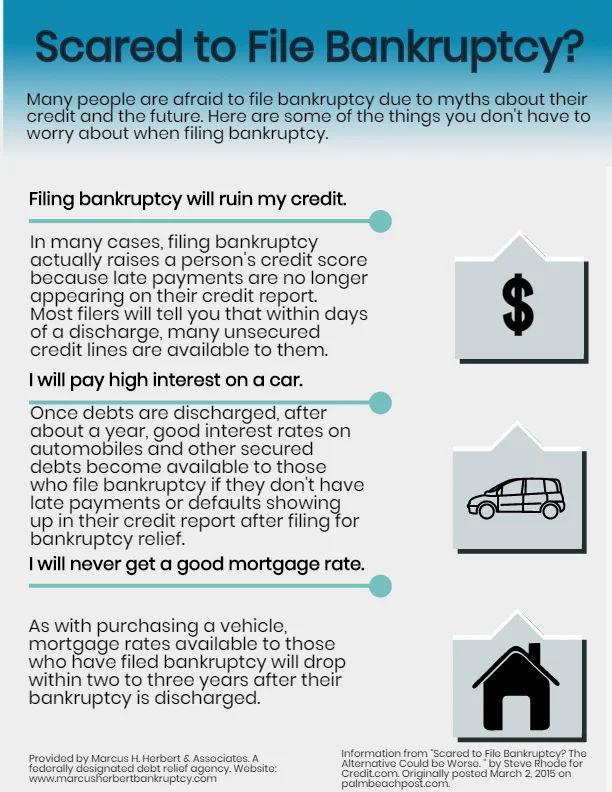This is a question I am occasionally asked. Like most things in the law, the answer is not simple. It depends on a few things: what chapter of bankruptcy you file; whether or not the state you are in allows you to claim federal exemptions or if you must use the exemptions written by your state legislature; and from whom you received the proceeds.
Here is a good general principle to remember. Bankruptcy is a federal law that seeks to balance the needs of the insolvent person that needs a financial fresh start against the need to be fair to the people, businesses, and institutions that a person in debt has made promises to pay. Generally speaking, bankruptcy strikes that balance by requiring the bankrupt person to surrender to a trustee all of their assets. The trustee sells all the assets and distributes the proceeds to the creditors and the remaining debt is deemed wiped out (discharged). Some debts fit into a special category that Congress says should not be wiped out (a non-dischargeable debt). Examples of non-dischargeable debts that are still owed after filing bankruptcy include child support, most taxes, most student loans, criminal fines, and debts incurred through fraud.
With that general background, you should know that there are exceptions to the general rule that a trustee takes everything that you own. These exceptions are called exemptions. A person filing for relief in bankruptcy can exempt certain property (from the trustee taking it to sell) and can continue to own or use it. If a state has chosen to allow debtors in that state to use the federal exemptions, then what is kept by a debtor is on a list in the Federal Statutes. One such exemption is life insurance proceeds “to the extent necessary for the support of the debtor and dependents of the debtor.” So if someone dies, leaving life insurance to a debtor in bankruptcy who files for bankruptcy shortly after receiving the insurance and the debtor was a dependent of that person, they may exempt those proceeds and protect them from the trustee.
If you are thinking of filing bankruptcy, make sure you talk to an experienced bankruptcy attorney before you start spending any life insurance proceeds.
In addition, if you have whole life insurance that has a present accumulated cash value, you need to get advice on the best way to protect that asset if you file for bankruptcy. It is important to be open and honest with your attorney. Your attorney can only give good advice if he or she knows all the facts.
By: Marcus H. Herbert

